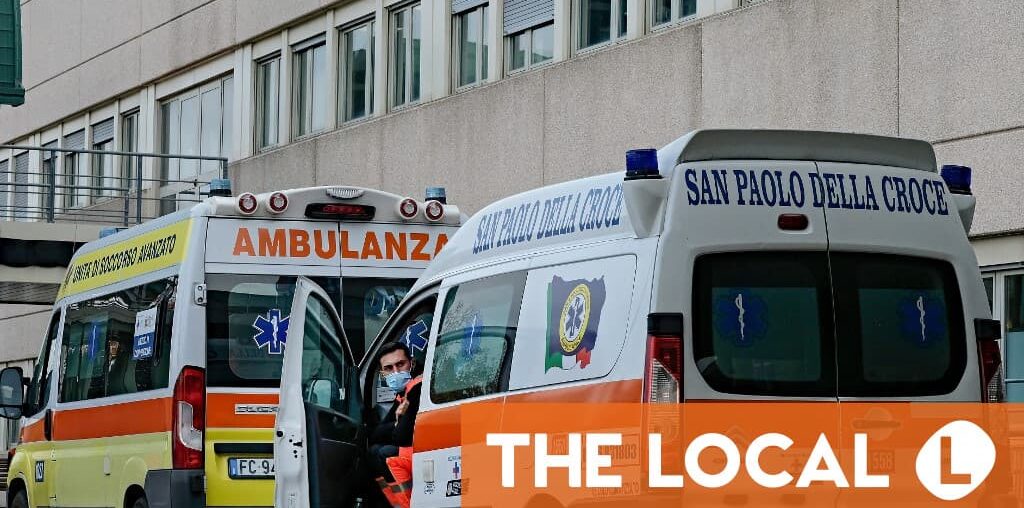
The three institutes were the only hospitals with consistently high ratings in eight clinical evaluation areas, including post-operative survival rates, hospital case volume and outcomes, and emergency response times, according to the report.
Ospedale Careggi in Florence scored ‘high’ or ‘very high’ in all eight evaluation areas, whereas Humanitas and the Azienda Ospedaliero-Universitaria had ‘high’ or ‘very high’ marks in seven areas.
“The objective is not to give prizes or penalties, but to encourage an improvement in care,” Domenico Mantoan, the general director of AGENAS, said on Tuesday.
Mantoan said that Humanitas had ranked in the top three for three consecutive years, whereas Ancona’s Azienda Ospedaliero-Universitaria, which was already “among the best last year”, made further improvement.
Florence’s Careggi was more of a “surprise”, but its ranking was a result of “huge investment,” Mantoan said.
READ ALSO: ‘Very professional but underequipped’: What readers think of Italy’s hospitals
The rankings were released a day after Italy’s head of state Sergio Mattarella called on authorities to bridge gaps in healthcare provision standards across Italy.
“Universality of care and equal rights are indispensable principles of the Republic, as prescribed by the Constitution,” he said at a conference in Rome organised by Italy’s cancer research foundation AIRC.
Italy has long been plagued by stark regional differences in healthcare, especially between north and south.
Advertisement
Healthcare imbalances were at the centre of intense political debate earlier this year after parliament passed a contested regional autonomy bill allowing regions to claim broader powers on key public services and retain more of the tax revenue raised in their territories.
The bill was met with anger by Italy’s opposition leaders, who voiced concerns that the new rules would ultimately worsen already severe regional disparities in healthcare, as well as education.

